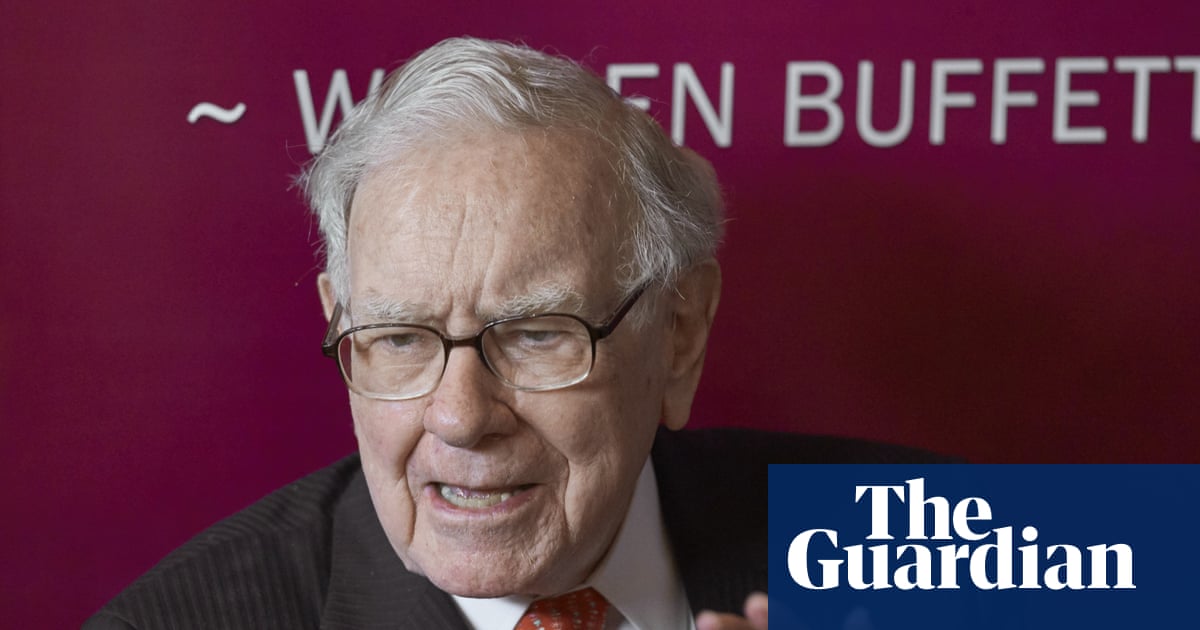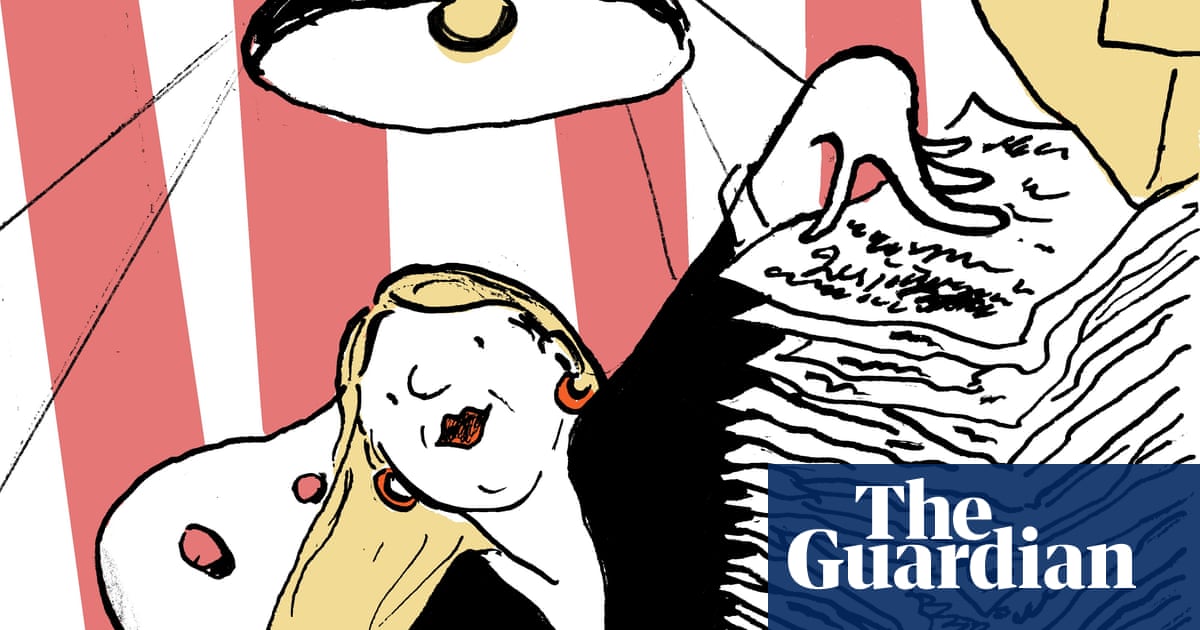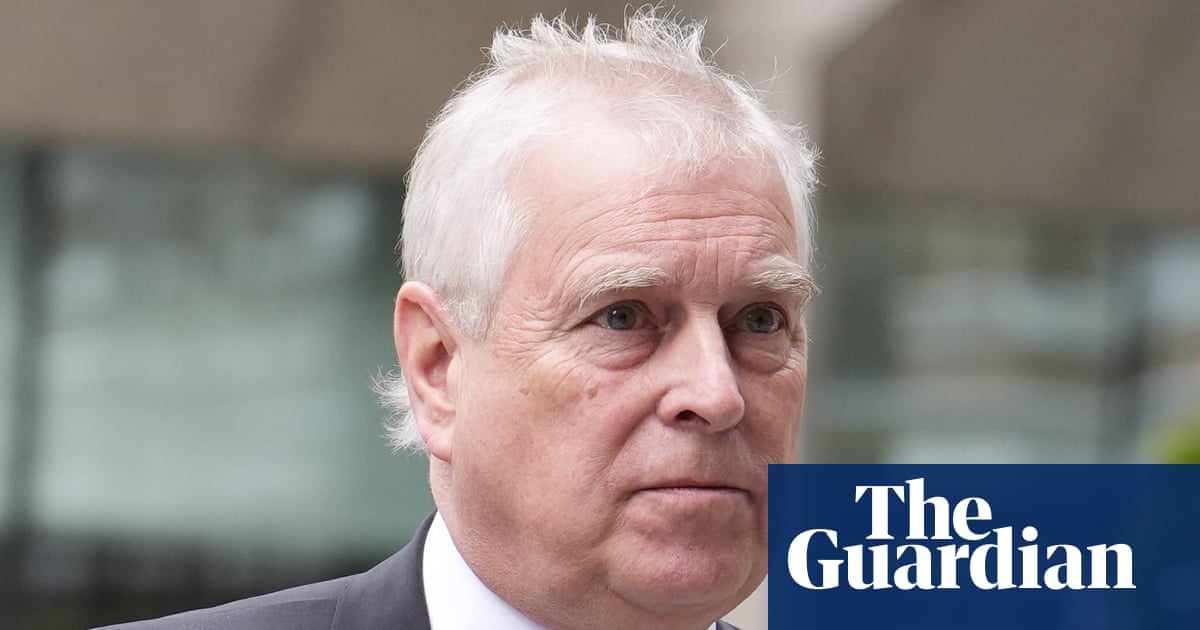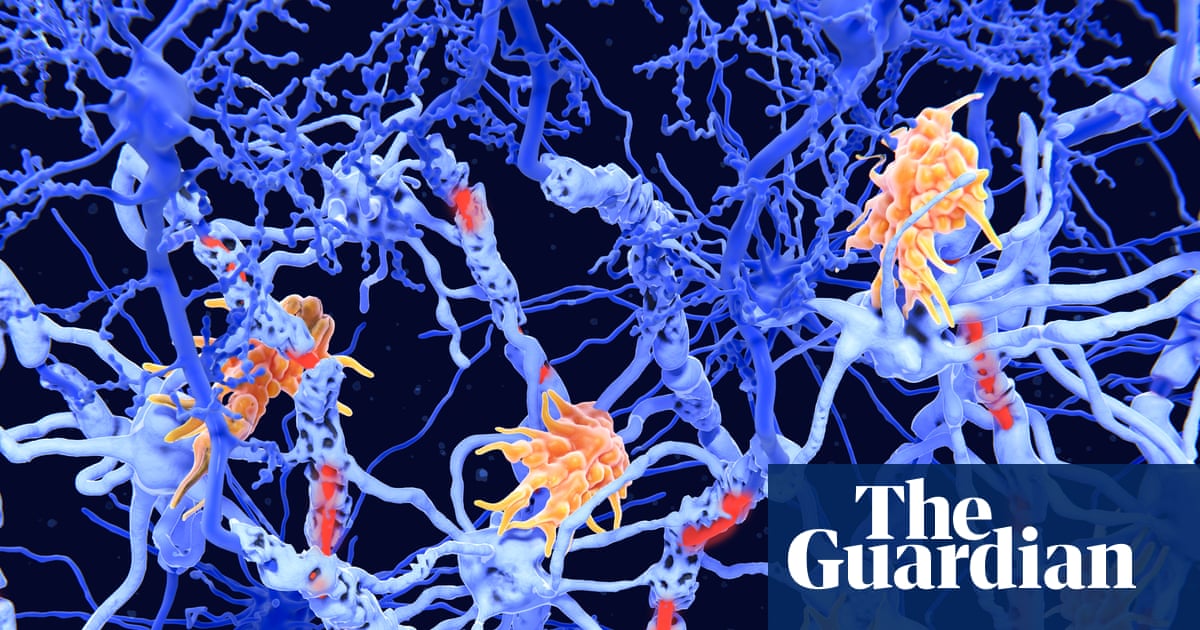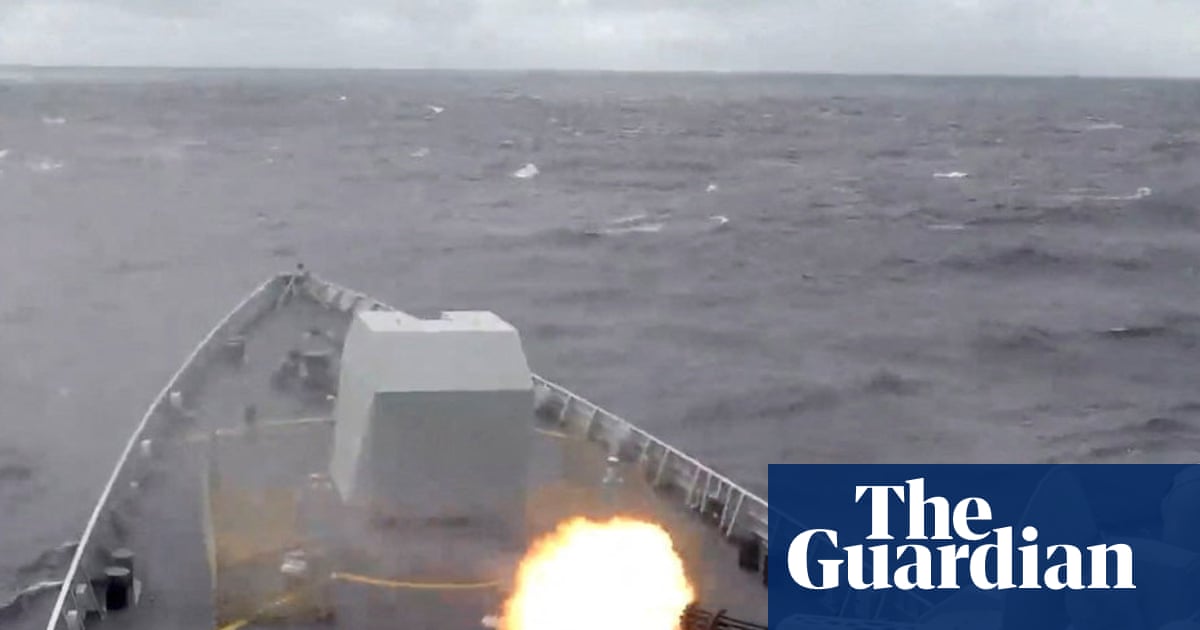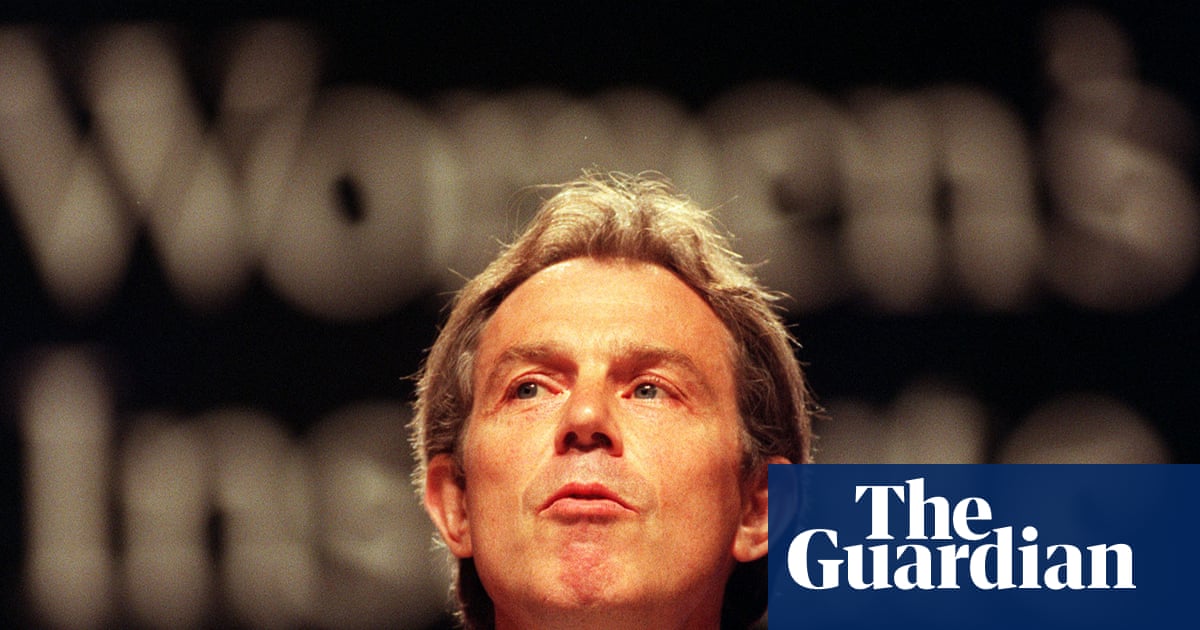The timing of the news left a sour taste in the mouth. Graham Potter has been in trouble for more than a month. There was no decision after West Ham continued their dreadful start to the season last Saturday, losing 2-1 to Crystal Palace at a deflated London Stadium, and it seemed Potter had been given one last chance to save his job given that he conducted his usual media duties before facing Everton on Monday night.
There was defiance from the 50-year-old on Friday night. Blame the coach all you like, Potter said, but it is worth looking at the wider context. “You have to look at where the club was at,” he said. “Because then you can make an assessment of how long it needs to turn results around. What was the environment like? What was the culture like? What was the team like?”
Answer: toxic, dysfunctional, slow.
West Ham were not in a good place when Potter replaced Julen Lopetegui in January. Tim Steidten, the outgoing technical director, had wasted so much money. Those who worked around Steidten believe not enough is made of how much damage was left by the German’s recruitment. They can see the wider picture. They accept Potter did not do well enough before his time was up on Saturday morning, but one club source says the task of reviving West Ham could not have been harder for the former Chelsea manager.
So the question was always whether David Sullivan, the man who calls the shots at West Ham, would stick with Potter. The feeling was that Sullivan, whose conduct around this sacking has left insiders and external figures distinctly unimpressed, liked Potter and wanted it to work.
Not enough, though, to hold his nerve once it became clear that West Ham’s Premier League status was very much in doubt. Potter has had eight months. He argued on Friday that it was not long enough to build a team in his image but he forgot that there is no such thing as patience at West Ham. There is merely dysfunction dressed up as loyalty. There is no belief in anything beyond survival, no identity.
Potter, who won six of his 25 games in charge, is a careful, long-term strategist. He underwhelmed after arriving midway through last season and needed to start this campaign well. The mood music was always going to change after West Ham lost four of their first five league games and were knocked out of the Carabao Cup by Wolves.
There are always agents in Sullivan’s ear, pushing the 76-year-old to act. The writing was on the wall when it emerged that West Ham had met Nuno Espírito Santo before the Palace game, diminishing Potter’s authority. Even then, though, there was no call from Sullivan. The suggestion was that Nuno was too expensive and had issues relating to his recent exit from Nottingham Forest to clear up. Slaven Bilic, the former West Ham manager, was pushed as an alternative on an interim basis.
Now there is disgust Potter was sent out to speak to the media. Why not relieve him of his duties after losing to Palace? Why let him make irrelevant preparations for Everton? How is this the way to behave? It is more reactiveness, more short-termism, more grubbiness. The talks with Nuno were continuing. With the final obstacles with Nuno cleared on Friday night, Potter was brought in on Saturday morning and sacked.
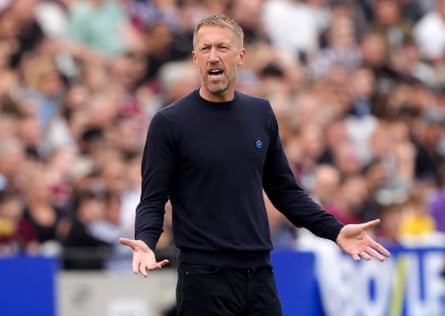
Nuno will be in charge against Everton, hoping for an immediate impact after a couple of days with his new players. For Potter, the hope will be that he is not too damaged by his brief spell at West Ham. On Friday he talked about making gradual progress at Brighton, who are the polar opposite to West Ham. Brighton were fourth when they lost Potter to Chelsea. There are proper structures in place at Brighton. Managers get time to grow. West Ham, by contrast, lurch from one panicky crisis to the next. Potter’s great mistake was to think he could build while the fire was raging around him.
He brought in a psychologist in the summer in an attempt to change a “low-trust culture” in the dressing room. He never hammered his players in public, even when they failed to perform basic tasks such as marking and running. Yet last summer’s recruitment was confused.
after newsletter promotion
West Ham lack leadership across the board and dynamism in midfield. It beggared belief that their first moves were to sign a left-back, the inexperienced El Hadji Malick Diouf from Slavia Prague, and a ball-playing goalkeeper, Mads Hermansen, for £15m from Leicester. Straightforward deals for midfielders who could have lifted the level were ignored. Unrealistic targets were pursued.
Potter was said to have been obsessed with trying to sign Jacob Ramsey, who ended up leaving Aston Villa for Newcastle. It was absurd that it took until the end of August for West Ham to bolster their midfield – even then, though, they went for more inexperience, the 21-year-old duo of Mateus Fernandes joining from Southampton and Soungoutou Magassa from Monaco.
It led to Sullivan growing dissatisfied with Kyle Macaulay, the head of recruitment. But here comes another flaw. Macaulay, who joined from Chelsea and replaced Steidten, was linked to Potter and is expected to leave. It means that the decision to sack Potter and bring in Nuno has not been made by a director of football, but by Sullivan.
One well-placed figure says West Ham’s structure is totally outdated. It is all about Sullivan’s whims. All about his mood. There is no oversight. Other board members have no real power. Every major move comes from one man. There is no respect for expertise. No understanding of how to appoint top-level executives. It has been this way for 15 years. No wonder West Ham look lumpen next to Brighton, Brentford and Bournemouth.
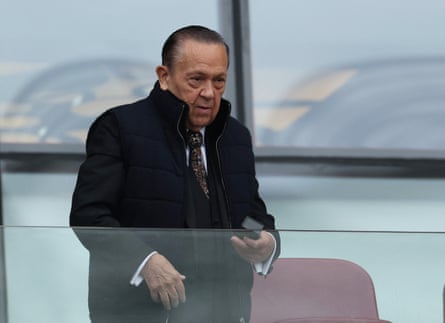
Macaulay is the third consecutive recruitment figure linked to the manager (Manuel Pellegrini had Mario Husillos, David Moyes had Rob Newman). It is an illogical way to do business. Was Macaulay going to challenge Potter? Recommend his sacking? Push him to make a decision on a player? But then Macaulay’s power always had limits. Everything was a battle. In an ideal world Potter would not have been forced into the compromise of signing the ageing former Newcastle striker Callum Wilson on a free transfer.
Nuno inherits a poor, unbalanced squad. Equally, though, it cannot be argued that Potter did a good job. West Ham have conceded 13 goals in five games, attack with no set patterns and have been hopeless at defensive set-pieces. It is understood some players had doubts over Potter’s tactics.
Perhaps it is positive West Ham have acted before it is too late. Nuno’s stock is high after leading Nottingham Forest into Europe. He will look to make West Ham hard to beat. Nuno plays on the counterattack. He will look to stiffen his defence, use the pace of Crysencio Summerville and Jarrod Bowen on the flanks and tap into the creativity of Lucas Paquetá and Fernandes.
West Ham need a pragmatist. The chaos means they need someone who can put out fires. There is no vision. Nuno is West Ham’s fourth manager in 16 months. The counterpunching Moyes was followed by the Basque approach of Lopetegui, who was replaced by the possession-heavy football of Potter, who has made way for the possession-lite Nuno.
The squad is not built for anyone in particular. Nuno must go in with his eyes open. The thinking behind his appointment seems to be that he is available, known and recently impressed at another Premier League club. For Nuno, though, there is risk. He has left Evangelos Marinakis and decided to work for Sullivan, swapping one overbearing owner for another. “Good luck to him,” one source said. “I hope he knows what he’s walking into.”

 3 months ago
46
3 months ago
46
